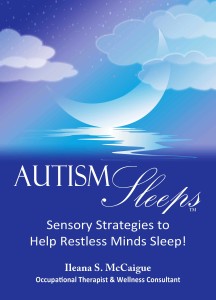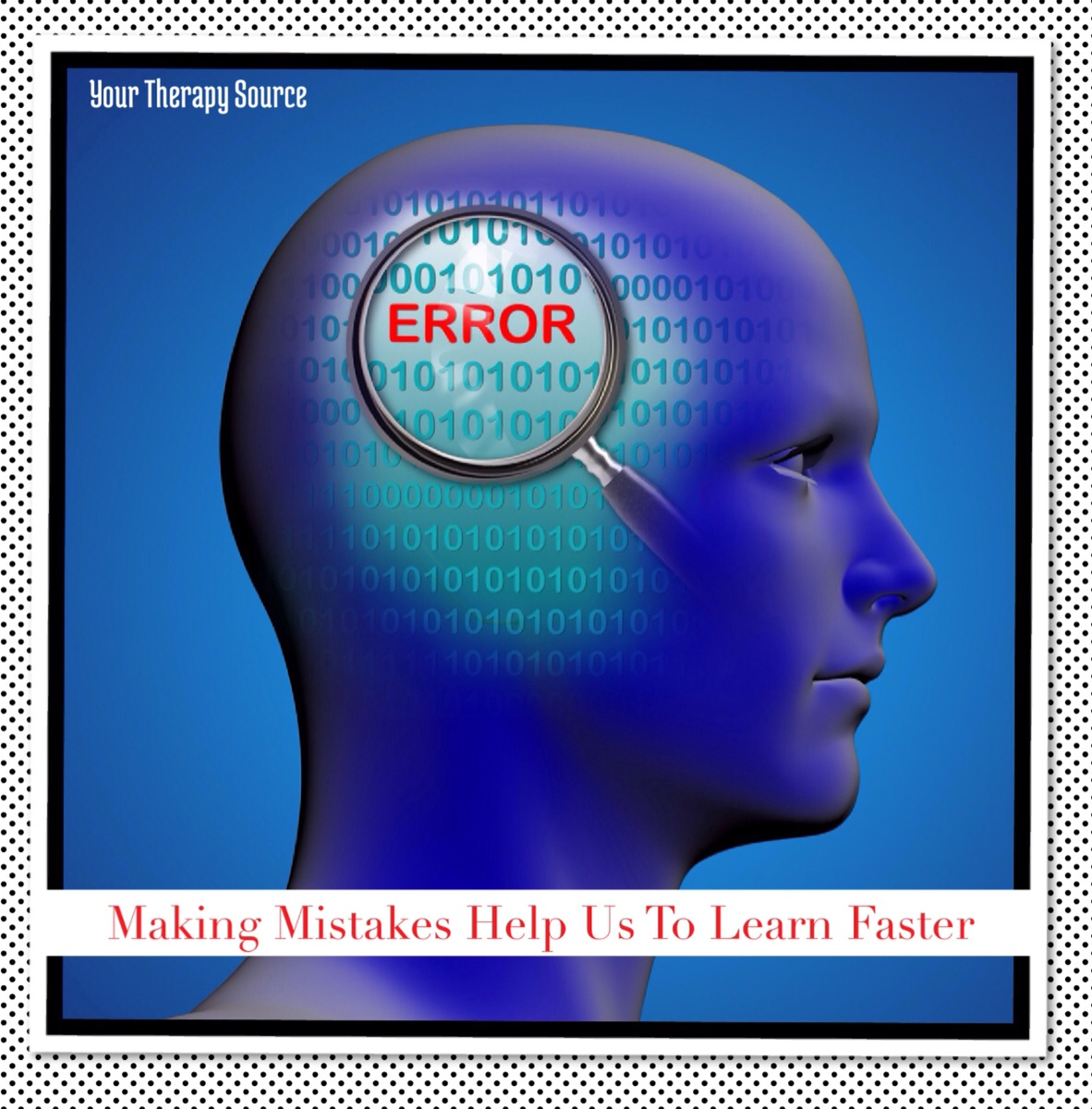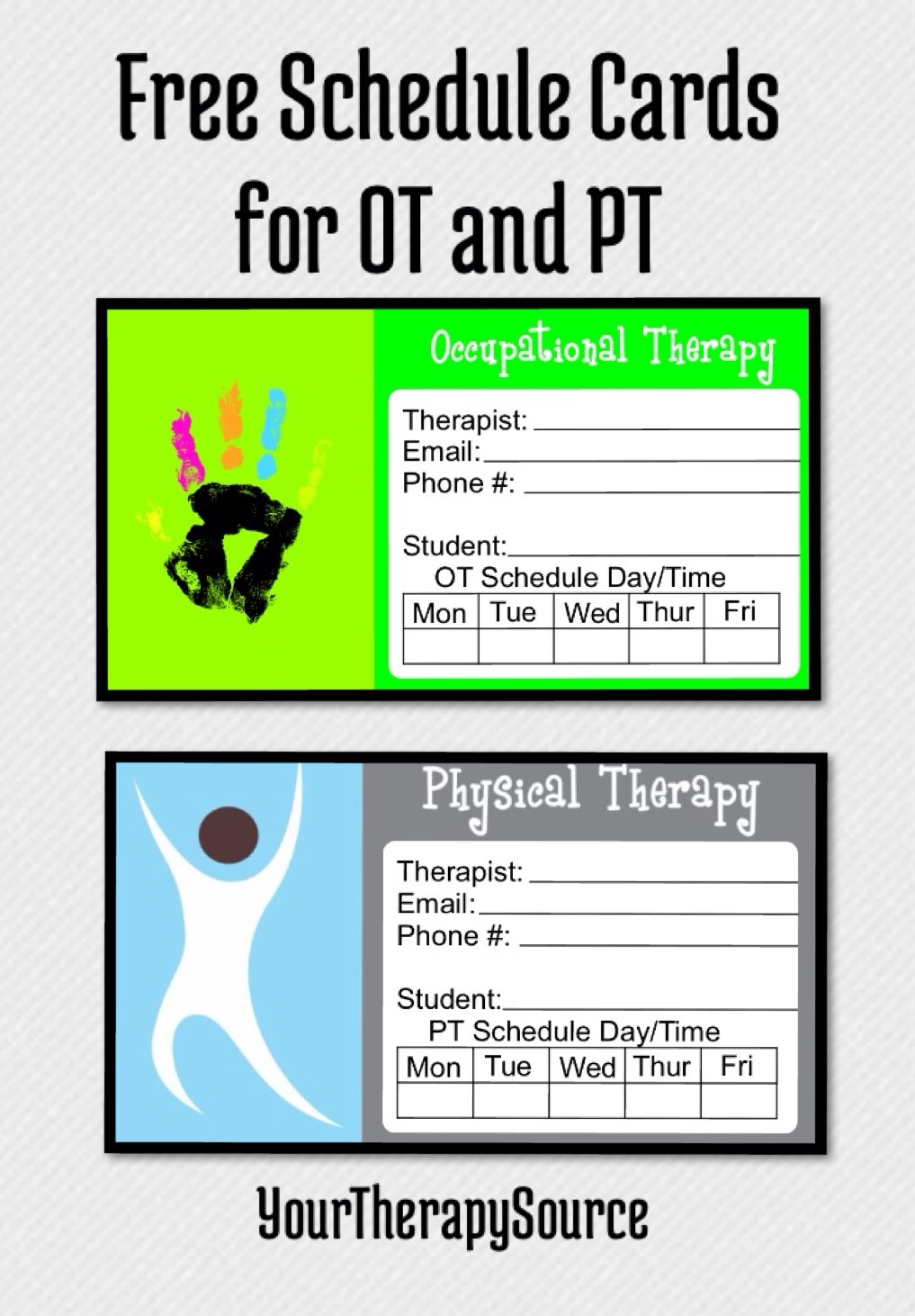Want to Improve Motor Learning? Go to Sleep.
Researchers from the University of Montreal taught a group of subjects a new sequence of piano-type finger movements on a box. Using functional MRIs, the subject’s brains were analyzed during their performance of the task before and after a period of sleep. In addition, the same test was performed by a control group at the beginning and end of the day, without a period of sleep.
Previously, the researchers had shown that the putamen, a central part of the brain, was more active in subjects who had slept and they had observed improved performance of a task after a night of sleep and not just the passage of daytime.
Using brain connectivity analysis the results of this study indicated that one brain network emerged from the others—the cortico-striatal network—composed of cortical and subcortical areas, including the putaman and associated cortical regions. In other words, after a night of sleep, the cortico-striatal network was more integration among these regions when consolidation had occurred. A night of sleep appeared to provide active protection of the cortico-striatal network, but the passage of daytime did not provide. Only a night of sleep resulted in better performance of the task.
Reference: Medical Express. Learning to play the piano? Sleep on it! Retrieved from the web on 8/22/14 at http://medicalxpress.com/news/2014-08-piano.html#nwlt
This book is an easy-to-read manual to help people with sensory
processing difficulties, Autism Spectrum Disorders or a restless mind, achieve
an overall healthy sleep experience. Find out more at https://www.yourtherapysource.com/autismsleeps.html




